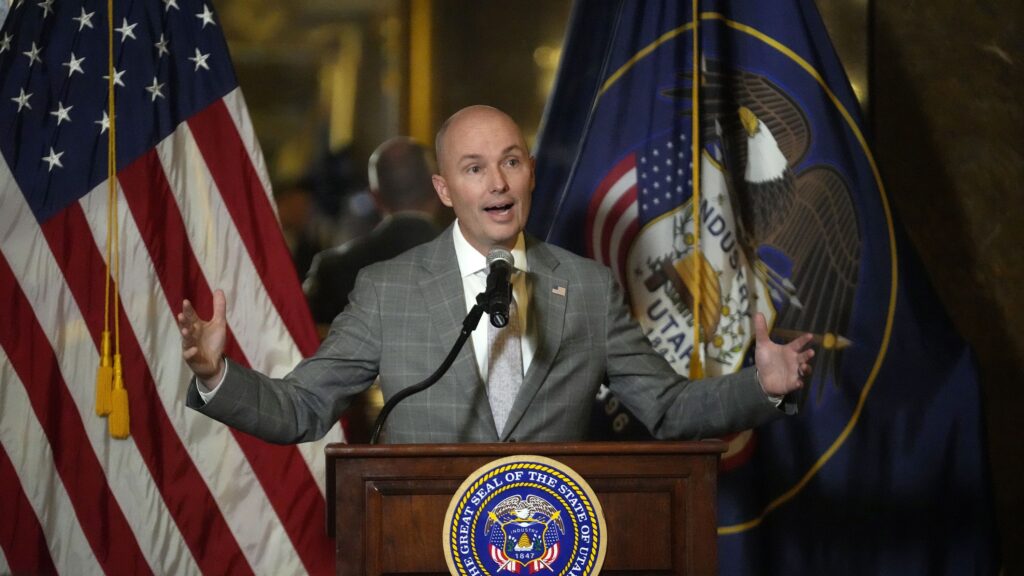Centrally planning the future | SLOAN


The 100-years war against business continues briskly. The latest offensive was introduced a little over a fortnight ago, HB 1118, the Fair Workweek Employment Standards bill, which asks state legislators to consider writing into law a requirement employers accurately predict the future.
It’s a fairly enormous bill, coming in at 33 pages. The summary alone is 340 words, which is nearly half the allotted word count for my column, so that precludes much in the way of dissection of the bill’s many provisions. But in general, it imposes a number of strict and inflexible requirements on employers, predominantly (but not exclusively) in the restaurant and retail sectors, pertaining to the scheduling of their employees.
Among other things, it requires employers to concoct a written “Anticipated Work Plan” for each employee, based on each employee’s written request of how many hours and what days and times the employee wishes to work, which must include the average number of hours the employee can expect to work over a 90-day period, minimum and maximum number of hours and lengths of shifts the employee can expect each week, and so forth. It requires employers to post work schedules a minimum of 14 days in advance, and to provide “predictability pay” if, heaven forbid, something happens that causes the plan to change.
There is a provision an employee can refuse (without penalty) to work a shift scheduled less than 12 hours after the previous day’s shift, or during the 12 hours following the end of a shift that spanned two days. The worker can consent to work such a shift, but must do so in writing, can withdraw that consent up to 48 hours prior to the shift starting, and has to be paid time-and-a-half for those hours. The bill is also sprinkled with other little explosives designed to clear the way for litigation.
And on it goes. The proponents of the bill frame it, and the issue it purports to solve, in the typically simple terms of the exclusive alternative; do you, or do you not, believe that employees in these fields should have a degree of predictability in their work schedules? To which the reflexive answer is, I dare say universally, “of course.”
A few days ago in this journal, there ran an op-ed by two radical college professors titled “Fair Workweek Act furthest thing from radical,” in which they highlight the conclusions of their study on this issue – to wit, that people with absolutely predictable work schedules have a better time of scheduling the rest of their lives and are, ergo, more content. This is on the order of a study demonstrating people who drink water are less thirsty, or people who regularly practice playing the piano become better piano players.
But we nudge up against some practical dilemmas. Consider the 14-day notice requirement, for instance. I don’t know where, exactly, I’m going to be three days from now, let alone two weeks. The bill fails to account for the vagaries of life, as they impose on the operation of a business. What if the weather or some other exigent circumstance keeps people at home two Friday’s from now instead of going out to eat? Conversely, suppose someone suddenly falls ill and can’t cover their shift at an unusually busy time? This sort of inflexibility, and the potential penalties for failing to accurately predict the future, will lead business owners to err on the side of caution, and simply schedule fewer workers, risking understaffing in lieu of the threat of lawsuit.
This, of course, is coming on top of all the other mandates inflicted on business owners in the last few years.
This is not just limited to “big business” either. Sure, the bill applies to businesses with more than 250 employees, but that is a total figure, encompassing all employees in every location. If a restaurant, say, has two or three locations, the employee count can add up quickly.
This bill, whatever the noble intentions, distorts the nature of work, treating employment as a social program rather than what it is – a contract between two parties where one person is paid in exchange for a service provided. It confers rights without corresponding duties, emphasizing what proponents see as the obligation of business owners to stretch their necks out over the guillotine, with no corresponding obligations of the employee. It is an affront, albeit in the name of charity, to the spirit of contract, one which subtracts from, not adds to, the greater social good.
Kelly Sloan is a political and public affairs consultant and a recovering journalist based in Denver.













